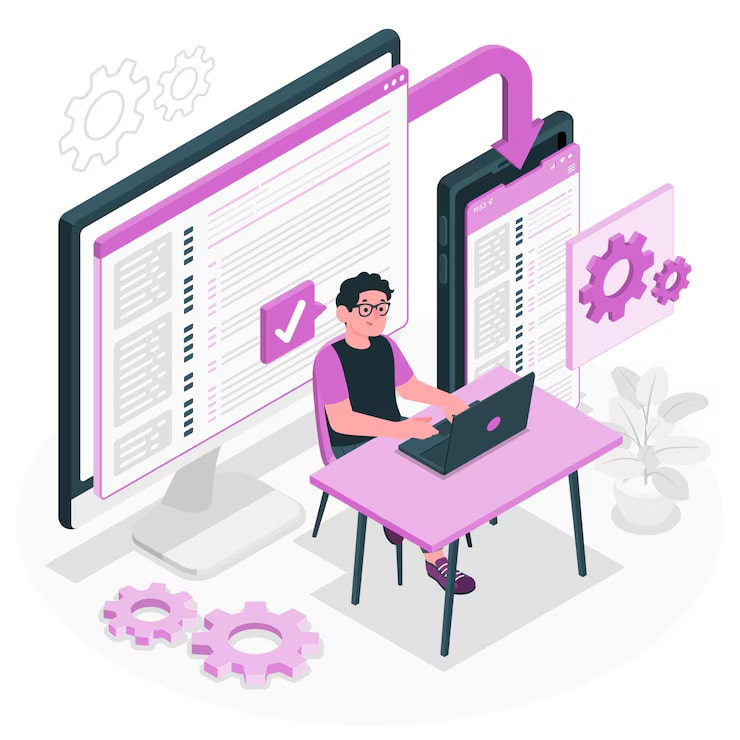The demand for skilled software testers is growing rapidly, making it an excellent career choice for tech enthusiasts. However, to land a job in software testing, you need more than just technical knowledge, you must also craft an impressive resume and ace your interviews. In this guide, we will share actionable tips to help you secure a software testing job successfully.
1. Build a Strong Foundation in Software Testing
Before applying for jobs, ensure you have a solid understanding of manual and automation testing concepts. Learn about test case writing, defect tracking, automation tools (Selenium, JMeter, Postman), and agile methodologies.
Enrolling in a Software Testing Course in Pune can help you gain hands-on experience and practical knowledge, making you job-ready.
2. Craft a Winning Software Testing Resume
Your resume is your first impression on recruiters. Follow these best practices:
A. Keep It Concise and Clear
- Use a professional format with proper headings.
- Keep it 1-2 pages long, focusing on relevant details.
B. Highlight Key Skills
Include skills such as
- Manual Testing: Test case design, bug tracking, regression testing
- Automation Testing: Selenium, Cypress, API testing
- Tools & Technologies: JIRA, TestNG, Postman, SQL
- Programming Languages: Python, Java, JavaScript (if applicable)
C. Showcase Certifications & Courses
Certifications like ISTQB Foundation Level or a Software Testing Course in Pimpri Chinchwad can add credibility to your resume.
D. Add Real-World Projects
Recruiters prefer candidates with hands-on experience. If you lack work experience, add projects you worked on during your course or internships.
3. Prepare for Software Testing Interviews
Once your resume grabs attention, the next step is cracking the interview. Follow these tips:
- Research the Company
Understand the company’s products, clients, and testing methodologies. - Practice Common Interview Questions
Here are some commonly asked questions:
1. What is software testing? Explain different types of testing.
2. What is the difference between functional and non-functional testing?
3. How do you write a test case? Can you give an example?
4. What is regression testing? When do you perform it?
5. Explain the bug life cycle. - Showcase Your Problem-Solving Skills
Interviewers may present real-world scenarios. Think logically, explain your approach, and demonstrate analytical skills. - Hands-on Testing Assignments
Some companies provide practical assignments to evaluate your skills. Be prepared to write test cases, execute test scenarios, or automate a simple task.
4. Gain Practical Experience
Employers value hands-on experience over theoretical knowledge. If you’re new to testing, consider:
- Internships & Freelance Projects: Gain real-world experience by working on live projects.
- Practice on Open-Source Applications: Test applications like WordPress, Jira, or demo sites to improve your skills.
- Enroll in Software Testing Courses: A Software Testing Course in Pune can provide real-time projects and industry exposure.
5. Network and Apply Smartly
Leverage LinkedIn and Job Portals
- Keep your LinkedIn profile updated with your skills and projects.
- Follow companies and recruiters in the software testing field.
- Apply on portals like Naukri, Indeed, Glassdoor, and LinkedIn Jobs.
Attend Testing Events and Meetups
- Join QA communities, webinars, and hackathons to connect with professionals.
- Participate in open-source testing projects to gain visibility in the industry.
Final Thoughts
Landing a software testing job requires a combination of strong technical knowledge, a well-structured resume, and effective interview preparation. Enrolling in a Software Testing Course in Pimpri Chinchwad can help you gain practical experience and enhance your career prospects.
Testing Shastra is a leading institute offering hands-on training in manual and automation testing. With expert-led classes and real-world projects, Testing Shastra equips students with industry-relevant skills, making them job-ready.






